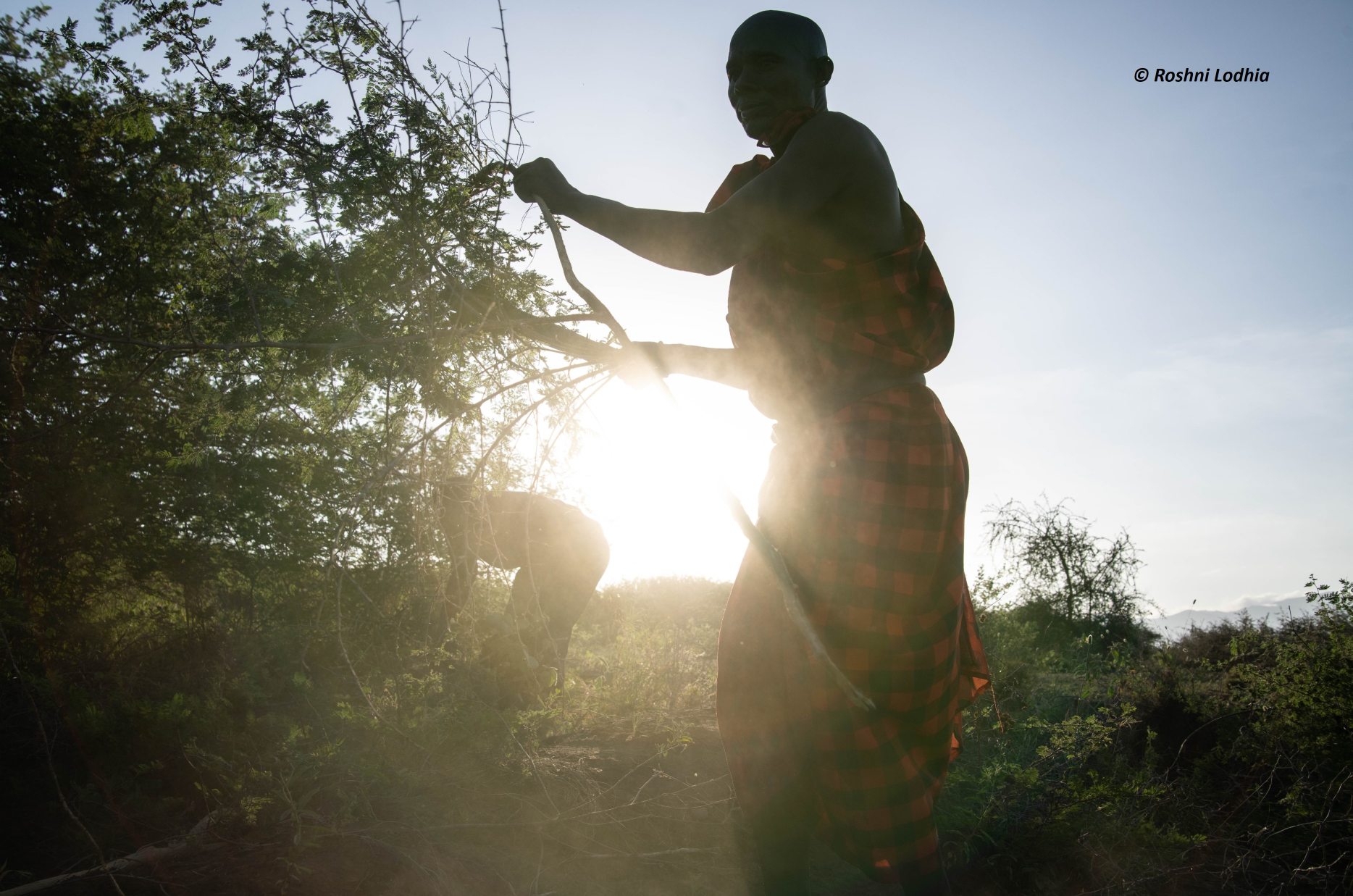
The partnership between ILRI and ABCG is a harmonious synergy poised to make a substantial impact in addressing conservation and agricultural challenges.
Climate change continues to be a growing threat to food systems and biodiversity, ABCG and ILRI will draw on their expertise to address impacts of climate change on food systems.
Inter- and intra-sector collaboration, cooperation and alignment is critical to achieving organizational and collective objectives and contribute to our critical objectives of inclusion, equity and harmony with nature
The International Livestock Research Institute (ILRI) and the Africa Biodiversity Collaborative Group (ABCG) have recently formalized their commitment to tackle agricultural conservation challenges by signing a memorandum of understanding (MoU).
ABCG is a leading authority in proactively addressing emerging and high-priority biodiversity threats and has an expansive membership that encompasses both the United States and Africa. Its distinguished roster of permanent members includes prestigious organizations such as the African Wildlife Foundation, The Nature Conservancy, the Wildlife Conservation Society, the World Wildlife Fund, and the Jane Goodall Foundation, among others.
ABCG’s ongoing initiatives encompass a wide spectrum of critical issues, including land use management, gender integration, freshwater conservation, water, sanitation, and hygiene (WASH), and the bushmeat crisis. With ILRI’s established role and expertise in applying One Health approaches that focus on the interconnectedness of human, animal and ecosystem health, along with a strong emphasis on gender and youth inclusion, the partnership between ILRI and ABCG is a harmonious synergy poised to make a substantial impact in addressing conservation and agricultural challenges.
Climate change continues to be a growing threat to food systems and biodiversity. Crop failure, livestock deaths, decline in grass availability and pasture, human-wildlife conflict as a result of competition over natural resources, and habitat degradation are some of the impacts of climate change on farming communities and biodiversity. ABCG and ILRI will draw on their expertise to address these impacts on food systems. Land use change is another key threat in Africa, with significant effects faced in agricultural landscapes. Over the years, ABCG has been developing innovative conservation approaches and methodologies to support land use planning skills in Africa. The partnership presents opportunities for ILRI to apply such land use planning framework to sustainable agricultural practices.
ABCG Director Rubina James said, ‘The premise of this critical partnership with ILRI is that inter- and intra-sector collaboration, cooperation and alignment is critical to achieving organizational and collective objectives and contribute to our critical objectives of inclusion, equity and harmony with nature.’
ILRI Director General Appolinaire Djikeng said, ‘My commitment is to the joint efforts with the Africa Biodiversity Collaborative Group for research and innovation activities aimed at creating solutions to address biodiversity, food systems and climate change crises using a One Health approach.’
About ABCG
The Africa Biodiversity Collaborative Group (ABCG) is a multi-institutional organization that brings together cross-sectoral entities to achieve greater impact than any one organization could have. ABCG members include: the African Wildlife Foundation (AWF), Conservation International (CI), the Jane Goodall Institute (JGI), The Nature Conservancy (TNC), the Wildlife Conservation Society (WCS), the World Resources Institute (WRI), and the World Wildlife Fund (WWF). ABCG creates innovative conservation solutions by fostering collaborative and adaptive learning opportunities that help practitioners improve, scale and replicate, while generating valuable user-driven knowledge to disseminated globally.
About the International Livestock Research Institute of CGIAR
The International Livestock Research Institute (ILRI) is a non-profit institution working for better lives through livestock. ILRI delivers science-based practices, provides scientific evidence, and develops capacity in livestock development. Working in extensive partnerships, ILRI helps people in developing countries keep their farm animals alive and productive, increase their livestock and farm productivity in sustainable ways, find profitable markets for their animal products, and reduce the risk of livestock-related human diseases. Employing more than 600 staff and operating an annual budget of about USD100 million, ILRI is co-hosted by Kenya and Ethiopia and operates 11 other regional (4) and country (7) offices in Africa (Senegal, Mali, Burkina Faso, Nigeria, Uganda, Tanzania, Zimbabwe) and Asia (India, Nepal, China, and Vietnam). Australian animal scientist Peter Doherty, a former ILRI board member and co-winner of the 1996 Nobel Prize for Physiology or Medicine, serves as ILRI’s patron. ILRI is a member of CGIAR, a global research-for-development partnership conducting research in 13 centers/alliances in close collaboration with hundreds of partners for a food-secure future.

